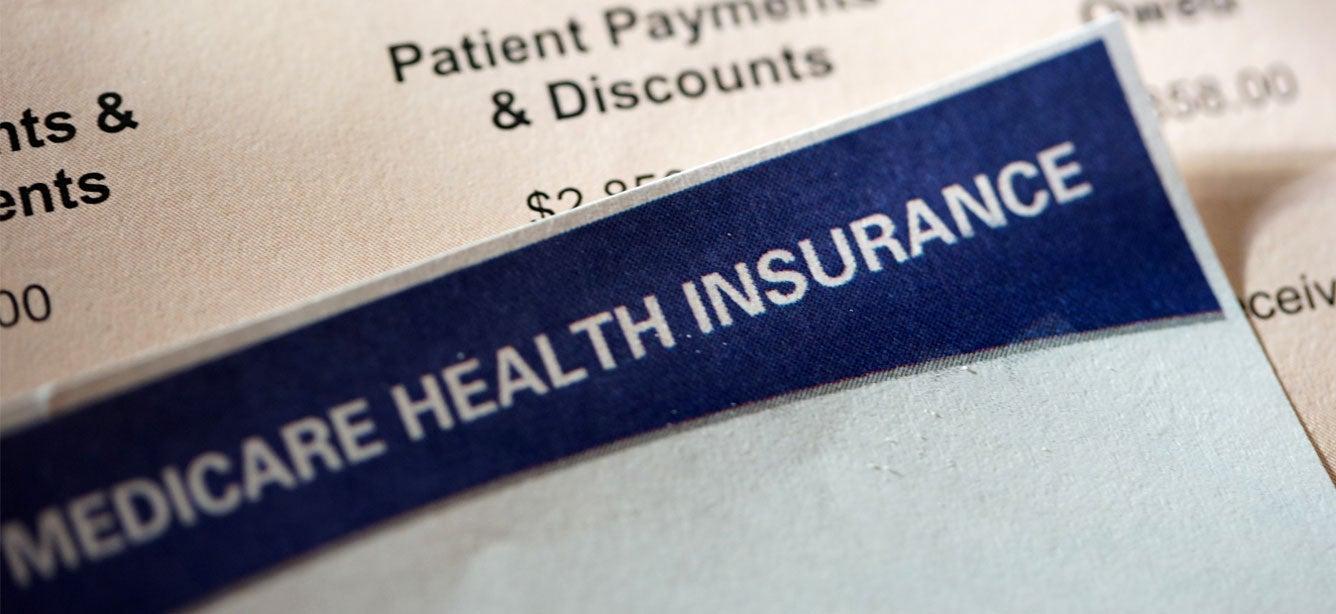
Choosing a Medicare plan is an important decision—but it’s not always an easy one. Your choice could affect your health for years to come and save (or cost) you hundreds in out-of-pocket expenses.
The good news is that during the Medicare Open Enrollment Period (OEP)/Annual Election Period (AEP) Oct. 15 through Dec. 7, you can re-evaluate your Medicare Advantage (Part C) and/or Part D coverage to make sure you’re enrolled in the plan that’s right for you.
With so many options to consider, you may be wondering:
- If your current plan is a good fit
- How to choose a better plan for your needs
Using the 4 Cs of Medicare—coverage, cost, convenience, and customer service—you can check the quality and suitability of your current plan and, if needed, find a new one that’s more aligned with your needs and budget. Here’s what you should consider when browsing Medicare plans during Open Enrollment.
Coverage: What care falls under Medicare?
What types of care does Medicare cover? Do I really need Medicare supplemental insurance? Are Medicare Advantage plans worth it?
Before you begin comparing Medicare plans, start by taking a look at your health needs. Make a list of how many doctors you have, how often you have appointments, and the prescriptions you take. Then, you can begin exploring your coverage options. If you decide to add or switch Medicare Advantage and/or Part D plans, there are few things you should consider about coverage:
- Has your health status changed within the last year? Were you diagnosed with any new chronic conditions? Do you expect to need any new treatments or surgeries in the coming year?
- Are the services you need covered under your current plan (treatments, prescriptions, vision coverage, etc.)? Are there other health-related services you would like covered? Examples might include alternative treatments (e.g., acupuncture), personal health devices, transportation, or home meal delivery. Be sure to check when, and how frequently, these other services are offered.
- Does your current plan or the plans you’re considering cover all the prescription drugs you think you will need in the coming year?
- How do the Medicare plans you're exploring rank under the star quality rating system? Are there any 5-star plans?
Cost: How much will Medicare cost me?
When you first enrolled in Medicare, you probably picked a plan based on the recommendation of a friend. Or maybe you just chose a fairly inexpensive plan since the coverage differences between each option seemed small. Now, as a more experienced Medicare enrollee, there are a few factors to think about:
- Is your financial situation the same?
- What are the total expected annual and monthly costs with the plan you have right now compared to the plan you’re considering? Have these costs gone up?
- Were your out-of-pocket costs more than you had planned this past year? Are you visiting the doctor as much as you thought you would? Or maybe more often than you expected, resulting in more copays and deductibles? If so, you may want to switch to a more affordable plan option.
Convenience: Will my doctor take my Medicare plan?
When deciding on the type of coverage you need, you should also think about what doctors you want to see. With original Medicare, you can choose to see any physician who accepts Medicare. This means you can visit major medical centers nationwide. On the other hand, Medicare Advantage plans are more restrictive in terms of the providers (doctors, hospitals, or pharmacies) they work with. This means you need to see doctors or visit hospitals that are “in-network” with your plan to avoid paying higher fees.
Before enrolling in a Medicare Part D plan, check if your local pharmacy is included in their network. Here are a few other things you should consider before choosing a plan:
- Do you plan on going on a few long trips this year? All plans cover emergency hospital care. But if you need routine access to a physician while traveling, you may want to consider a plan that has a flexible network.
- Will you be able to get your prescriptions easily while away from home?
- Do you have a preferred pharmacy, and is it included in the plans you’re considering? Do the costs of your medications change under the different plans based on that pharmacy?
- If you prefer to get your prescriptions in the mail, do the plans offer mail-order delivery? Is the price higher or lower than picking it up at a “brick and mortar” pharmacy?
Customer service: Will I be satisfied with the quality of care under my Medicare plan?
Last, but certainly not least, you should consider the quality of customer service you received with your current plan:
- Were you satisfied with the quality of care?
- How responsive was your plan with questions or problems you may have had?
- How did your plan help you manage your health care needs (access to primary care, specialists, and prescriptions)?
Who can help me understand Medicare?
There are a lot of things to consider when choosing a Medicare plan during Open Enrollment—but using the 4 Cs can help you focus on what’s most important. Plus, you don’t have to search for Medicare plans on your own. The national, federally funded network of State Health Insurance Assistance Programs (SHIPs) offers free, unbiased help with Medicare coverage selection. Find your local SHIP by calling 1-877-839-2675 or visiting their website.
It's a good idea to review your Medicare plan options well before Open Enrollment begins. "My best recommendation is start early, get your comparison nice and early. That way you can take your time with looking at that, " Ryan Ramsey, NCOA Associate Director of Health Coverage and Benefits, told Scripps News.



